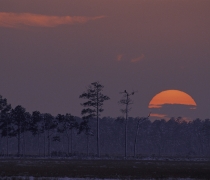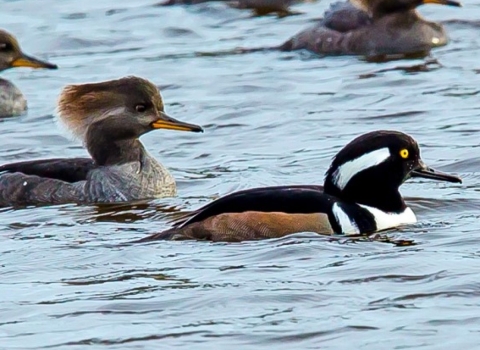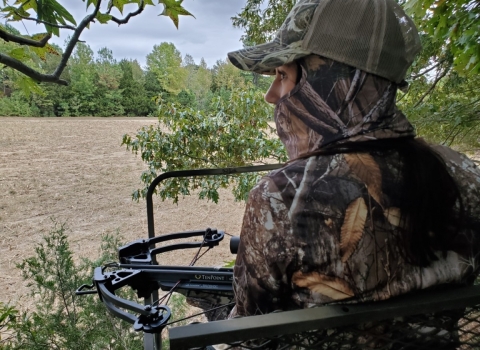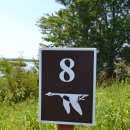Sections of the refuge are closed periodically for deer management hunts. For a full list of hunt-related closures during the 2025-26 season, please see this document.
Visit Us
With over 20,000 acres open for public recreation, you can experience the refuge year round in a variety of ways! Over 5 miles of hiking trails and 17 miles of paddling trails provide many opportunities to view wildlife in their native habitats. If you prefer to travel by car, we have a 3.6 mile Wildlife Drive popular with photographers and birders alike, which is also suitable for hiking and cycling. And speaking of cycling, the many miles of flat, low-traffic roads in southern Dorchester County are perfect for picturesque rides for cyclists of all abilities. In addition, nearly 15,000 acres are open for deer hunting from September through January, with opportunities for waterfowl and spring turkey hunting as well. Find out more about visitor activities!
See this page for directions and hours.
See this page for rules and policies (injured wildlife, pet policy, commercial use, camping, etc.)
Location and Contact Information
About Us
Blackwater National Wildlife Refuge, located 12 miles south of Cambridge, Maryland, was established in 1933 as a refuge for migratory birds. Habitats of the refuge include rich tidal marsh, mixed hardwood and loblolly pine forests, managed freshwater wetlands and croplands. It serves as an important resting and feeding area for migrating and wintering waterfowl, and is one of the chief wintering areas for Canada geese using the Atlantic Flyway. The refuge supports one of the highest concentrations of nesting bald eagles on the Atlantic coast.
Our Species
Blackwater National Wildlife Refuge is home to an incredible amount of plant and animal diversity in its three major habitats – forest, marsh and shallow water. The refuge contains one-third of Maryland's tidal wetlands, which makes it an ecologically important area within the state. It serves as an important resting and feeding area for migrating and wintering waterfowl, and is one of the chief wintering areas for Canada geese using the Atlantic Flyway. Blackwater NWR is home to the largest natural population of formerly endangered Delmarva peninsula fox squirrels and is also home to the largest breeding population of American bald eagles on the East Coast, north of Florida.
Our Library
View collections of information about Blackwater NWR, including visitor publications and past hunting regulations.







